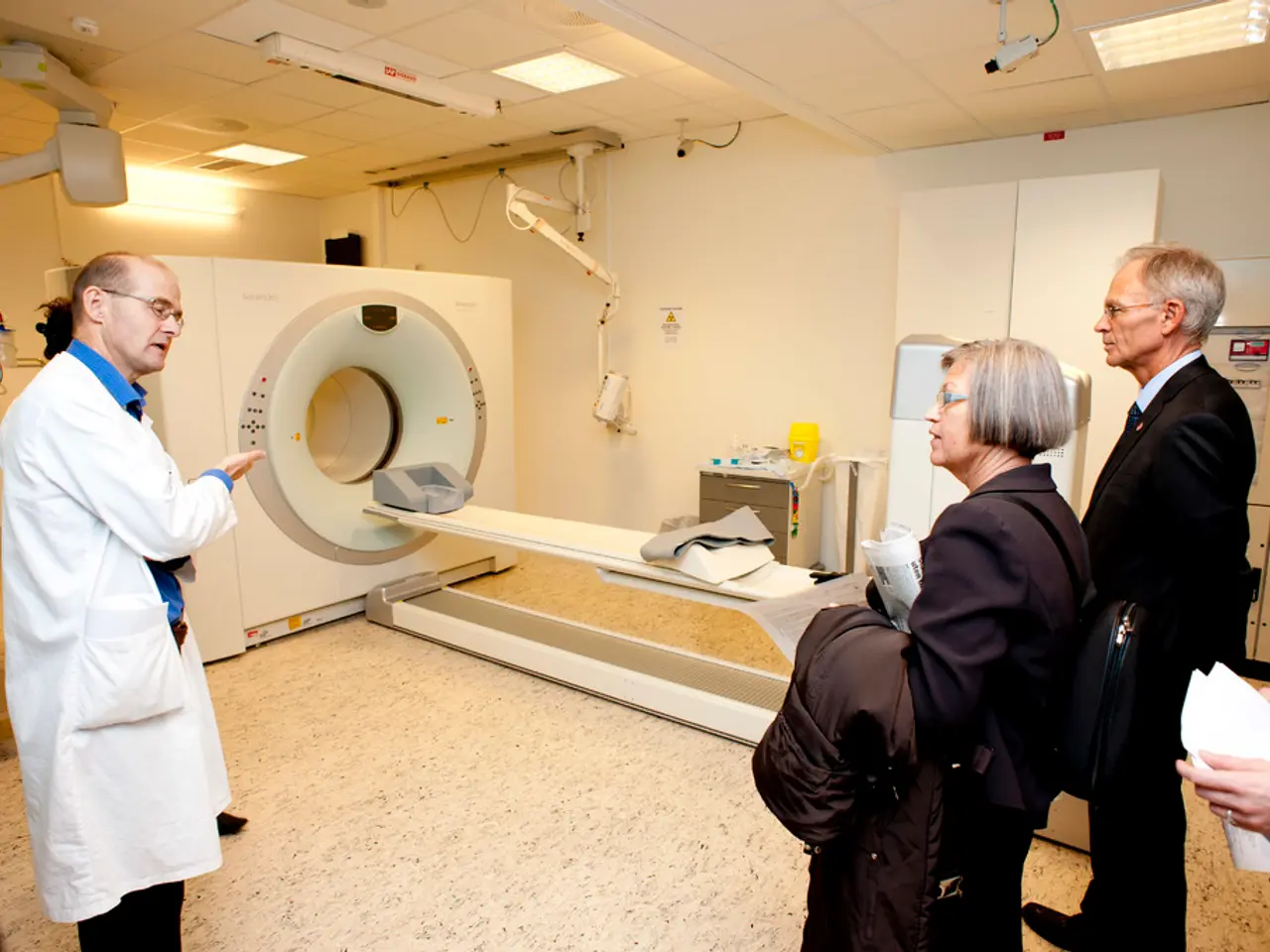Party of the People Accuses Visa Scheme of Swindle for Unauthorized Chinese Immigrants
Education System Under the Microscope: Suspected Abuse of International Programs by Chinese Nationals Working Illegally in Thailand
The People's Party (PP) has escalated concerns over the suspected exploitation of international study programs within the Thai education system. These programs are allegedly being utilized to issue student visas to Chinese individuals involved in the notorious "zero-dollar" business model.
Wiroj Lakkhanaadisorn, deputy leader of the People's Party, points to the catastrophe of the State Audit Office building collapse as evidence supporting his assertion that Thailand's sectors, including education, are being severely impacted by this underhanded business strategy.
The "zero-dollar" business model signifies a deceitful practice where foreign operators, predominantly Chinese, generate minimal to no financial gains for Thailand or its local partners. This model is notoriously linked to the once-infamous zero-dollar tour businesses operated by Chinese travel agencies and tourists.
Previously, Mr. Wiroj had urged the Council of Engineers to scrutinize Chinese engineers working in Thailand under the guise of student visas.
Investigations into the SAO building incident unveiled that several Chinese engineers were hired by a Thai-registered firm but were, in essence, controlled by Chinese interests.
Mr. Wiroj claims the "international" courses offered to Chinese students visa-holders were conducted exclusively in Mandarin, leading to widespread suspicion that these programs were concocted to offer student visas to individuals participating in the zero-dollar business, enabling them to work covertly within the country.
Furthermore, he revealed that these graduate programs were managed by a university largely controlled by Chinese investors through Thai nominees. Tuition fees were usually remitted to a parent company in China, with fragments of the payments trickling down to the Thai affiliate. The Thai affiliate reported significantly low profits to evade tax obligations, Mr. Wiroj added.
Some Chinese-managed construction companies were found to masquerade as local entities, importing building materials from China while exclusively employing Chinese engineers.
As the investigation unfolds, the Ministry of Higher Education, Science, Research and Innovation (MHESI) and the Immigration Bureau are working collaboratively to address the issue. Enhanced scrutiny of universities with Chinese investment and stricter verification processes for foreign students are the initial measures being implemented.
The MHESI has ordered several universities to provide comprehensive data on Chinese students, and institutions deemed complicit in the misuse of student visas will face legal consequences. Additionally, the government is contemplating imposing stricter student visa regulations to deter further manipulation.
The People’s Party continues to press for a formal investigation into these programs, highlighting the SAO building incident as a prime example of the repercussions of such practices. Recent reports hint at universities and state agencies aiding in the perpetuation of these shady activities, resulting in a wave of scrutiny surrounding education visas and their potential misuse.
The investigation aims to safeguard the credibility of Thailand's higher education system, ensuring it is not abused for illegal labor purposes.
- The People's Party (PP) has raised concerns about the suspected abuse of international study programs within Thailand's education system, claiming these are used to issue student visas to Chinese individuals involved in the fraudulent "zero-dollar" business model.
- Investigations into the SAO building incident revealed that several Chinese engineers were hired by a Thai-registered firm but were controlled by Chinese interests, working under the guise of student visas.
- Mr. Wiroj, deputy leader of the People's Party, claims that these "international" courses offered to Chinese students visa-holders were conducted exclusively in Mandarin, potentially allowing individuals participating in the zero-dollar business to work covertly within the country.
- Amidst these allegations, the Ministry of Higher Education, Science, Research and Innovation (MHESI) and the Immigration Bureau are collaborating to address the issue, implementing stricter verification processes for foreign students and scrutinizing universities with Chinese investment.




